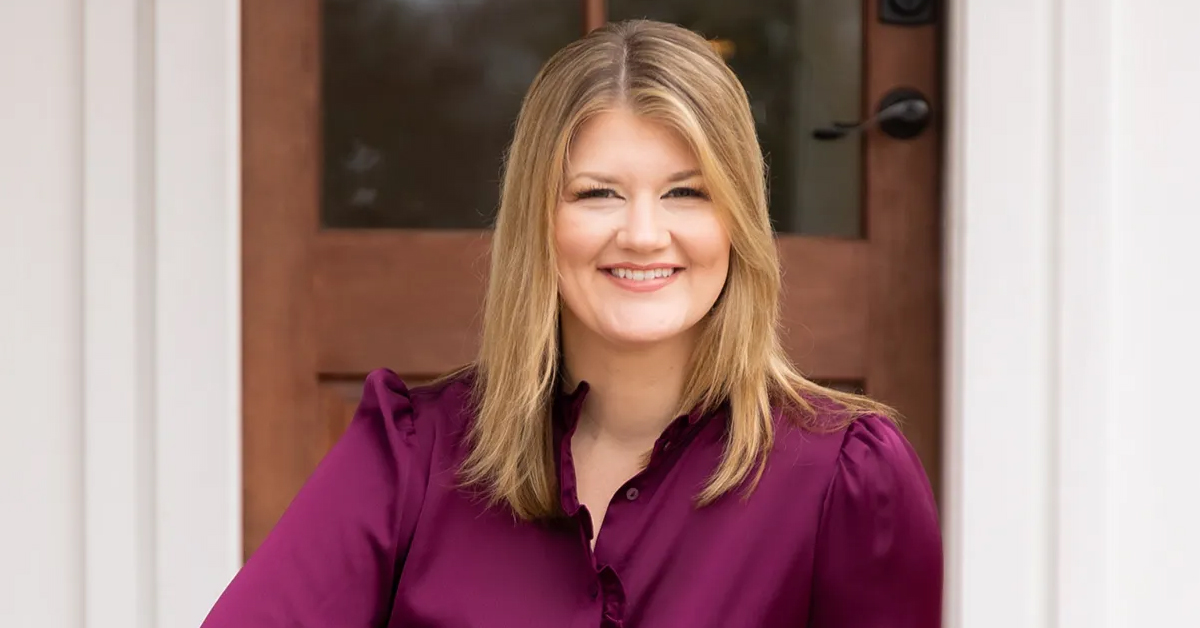Photo credit: End It For Good
Oregon has just rescinded Measure 110, the historic law that decriminalized possession of small amounts of hard drugs. But the reasoning behind the rollback is muddled. As guest author Christina Dent reveals, M110 took the blame for spikes in lethal overdoses, homelessness, and public drug use, none of which it likely caused. Rather, she argues that the law represented a small but important step forward. In the effort to end the drug crisis, its repeal is a loss.
In 2020, Oregon took a bold step by decriminalizing the possession of small amounts of hard drugs. The act, called Measure 110 (M110), was the first of its kind in the U.S. and aimed both to stop unnecessary incarceration and to offer people struggling with addiction better access to treatment.
However, as many of you are probably aware, Oregon’s state legislature recently passed a bill that once again makes it a crime to possess small, personal-use amounts of drugs. Governor Tina Kotek signed the bill on April 1st.
Unfortunate timing, unwarranted conclusions
The move to recriminalize drugs has been driven by public concern over rising overdose deaths and worsening public drug use and homelessness, which some Oregonians attribute to M110. But cause and effect are not that simple.
First, rising overdose rates and a shortage of affordable housing in many places are critical issues facing not just Oregon, but our nation as a whole. The significant issue of public drug use is particularly pronounced in Oregon because there is no law against it.
Advocates have differing views on the best way to discourage public drug use. To be clear, though, it is entirely possible to have laws against public drug use and not against possessing a drug.
On the issue of overdose, it’s true that the number of individuals who died from an unintentional fentanyl overdose more than tripled from 2020 to 2022, according to the Oregon Health Authority. But consider what was happening on a national scale. Fentanyl emerged on the East Coast and moved west. It struck Oregon full force at roughly the same time M110 was passed.
Fentanyl kills many before they ever learn that they have ingested it. Although it has long been used effectively under medical supervision, it’s frequently deadly when misused. And because it is cheaper than most other street drugs, it is often added to them without the user’s knowledge.
Neither decriminalizing nor recriminalizing drug possession prevents contamination—only legally regulated drugs can solve that problem. The fentanyl overdose crisis was coming for Oregon regardless of whether M110 passed or not. The coincidental timing, though, gave the impression that M110 caused the crisis. It did not.
Neither cause nor solution
On the issue of homelessness, M110 was not aimed at solving the homelessness crisis that so many cities are facing. Homelessness and addiction are often related issues, but not arresting someone doesn’t automatically help them find affordable housing or overcome significant and complex challenges in their lives. It just removes the additional burden of incarceration and a criminal record.
The other part of what M110 aimed to do was to increase access to addiction treatment in a state where people have a very difficult time accessing it. Unfortunately, the rollout of those funds didn’t start until 2022. The fentanyl wave had already hit, and the backlash against M110 was already strong. Moreover, systems of care don’t scale overnight, even when additional funding begins to flow.
Shouldn’t a measure passed in 2020 be robustly working by 2024? Not always. The law did not take effect until 2021, and the funding didn’t start rolling until the summer of 2022. If you’ve ever tried to quote a statistic in this realm, you’ll know there tends to be about a two-year gap in data finalization. There was no time for the funding side of M110 to be studied before the move to recriminalize got to the legislature. To me, that’s a tragedy.
When laws become scapegoats
All of us are at risk of letting what we feel override what is true. M110 took the heat for much bigger problems (like homelessness, which isn’t unique to Oregon). The move to recriminalize is moving us backward instead of toward life and health.
In my book, Curious, I walk through stories and stats that explain why decriminalizing drug possession can’t fix the overdose crisis (but there are solutions that can!) and why we have to work so hard at finding those solutions instead of giving in to reactions. Everything worth doing is going to have setbacks and disappointments. That doesn’t change the fact that solutions are possible.
M110 was part of a move in the right direction—and losing it isn’t the end of the movement. It’s a challenge to overcome. The reform movement learned a lot from M110 and shifting public sentiment: people made connections that weren’t true but were very compelling. The movement forward continues because people are worth it!
Note from author Christina Dent: I’d love to hear your thoughts on how I work through all of these issues in my book Curious. Did Oregon make the right move in 2020? Or are they making the right move to roll it back? You can order it from Amazon or another bookseller and let me know what you think at [email protected].



